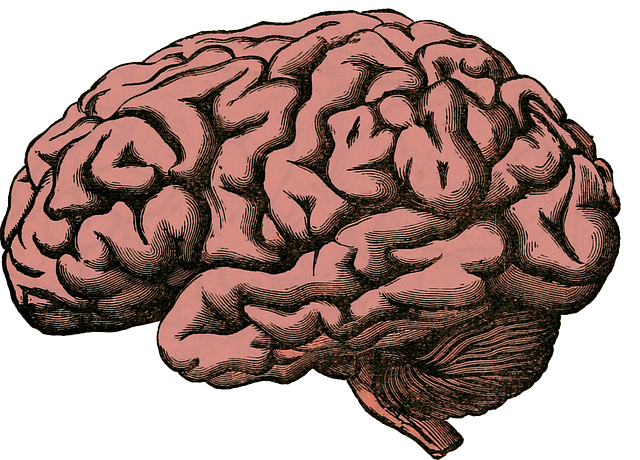
Can you really make your brain “younger”?
For many years it was erroneously believed that the human brain was hardwired like a computer and incapable of alteration once a person reached adulthood. We also believed that after the age of 40 your brain would decline rapidly – shrinking by several thousand brain cells each day. However, thanks to magnetic resonance imaging machines (MRIs) and advanced computer software, scientists continue to gain new insights into how our brains work. This has led to the development and understanding of a concept known as neuroplasticity – or the brain’s ability to grow – and make new neural connections – when stimulated and challenged. This is similar to the way that a muscle grows when it is confronted with extra work – it grows to adapt to the new workload that it is faced with.
Not Just for the Young
The ability of your brain to grow and develop lasts well into old age: Very recent research shows that the brains of older adults are malleable and can improve in many areas including short-term visual memory in response to focused training. In one recent experiment, after just 10 hours of training the ‘working memory’ of older adults was comparable to the abilities of younger adults.
How do you “Challenge” Your Brain?
Challenge your brain in imaginative ways by finding new ways of doing mundane tasks. You can actually provoke new nerve growth and connections in many ways – try doing something commonplace – but in an unusual way. A good example of this would be brushing your teeth with the hand you don’t normally use. (Aside from improving your brain, your coordination will get better too.)
Exercise
Participation in some form of physical exercise for at least 30 minutes per day, five days per week is vital for increasing blood flow to the brain, thereby stimulating more neural cell production in the brain for reserves as the body ages, possibly preventing neurodegenerative diseases like Alzheimer’s.
Orgasms (In Women)
Women reap a fantastic brain anti-ageing benefit from having orgasms. (Sadly this positive effect is not so strong in men): Functional MRI images show that women’s brains utilise much more oxygen during orgasm than usual, similar to the effects of exercise. This nourishes the brain, which helps keep your mind sharp.
Nutrients
What you eat acts as fuel for your brain. How often you eat may also be a factor in your brain’s performance, with frequent small meals offering a steady brain-fuel source. Include non-animal sources of protein – a good example would be raw sprouted rice protein powder. Amino acids from legumes, green vegetables and whole grains are essential for neurotransmitter production. And don’t skimp on micro-nutrient packed fruit and veggies. (Eat them raw if you can and ideally with as few ‘air miles’ as possible so that they have the most nutritional bang for your buck that you can get.)
Two Valuable Nutrients that Reverse Brain Ageing
Walnuts and more specifically black walnuts – if you can get them – are a key brain health food. Research shows that you only need to eat a very small handful of walnuts to get enormous benefit from them. Just one ounce of walnuts contains 560 mg of short-chain omega-3 fats, known as alpha-linolenic acid (ALA). Walnuts contain the highest amount of ALA of any nut. Your body transforms the ALA into the more potent, longer-chain omega-3 fat (eicosapentanoic acid or EPA).
Wild Blueberries – Although blueberries are already known to contain high levels of anti-oxidants which help protect our brains against oxidative stress – wild blueberries are even more powerful. You can buy dried wild blueberries here in the UK. Interestingly – cooking does not destroy the beneficial components of these fruits and pan fried wild blueberries have even higher nutrients than raw ones – so you can safely add them to your pancakes.
My Top 5 Herbs for a Healthy Youthful Brain
1. Supplement your diet with ginkgo biloba each day to help improve circulation and blood flow to the brain. Allow a minimum of four weeks for any benefits to take effect.
2. Chew fennel seeds to refresh your breath and take advantage of the herb’s antioxidant and anti-inflammatory properties.
3. Add the spice turmeric to your daily diet. Turmeric contains curcumin – the active component which has incredible health benefits – and is a powerful anti-inflammatory substance. Inflammation is strongly related to brain degeneration – both structural and functional.
4. Drink lemon balm tea to encourage restful sleep and to help decrease agitation.
5. Milk thistle herb contains silymarin which helps to clear amyloid plaque, a substance that inhibits cellular communication and is often present in the brains of dementia patients.
Tags: anti-ageing, brain, brain activity, fruit, get younger, herbs


